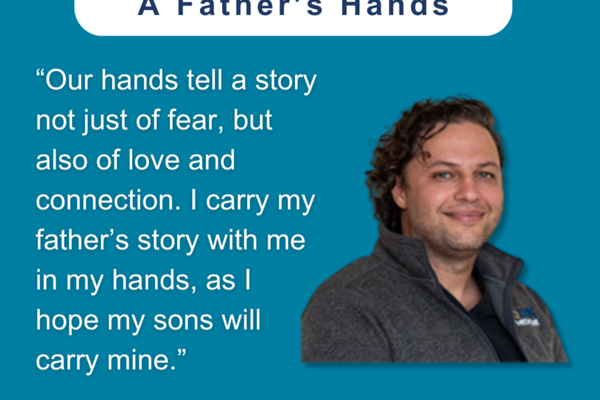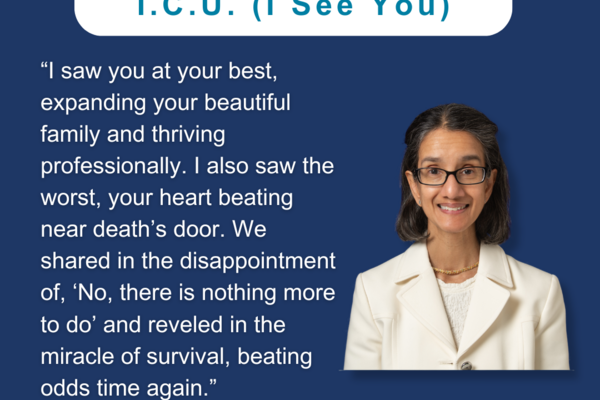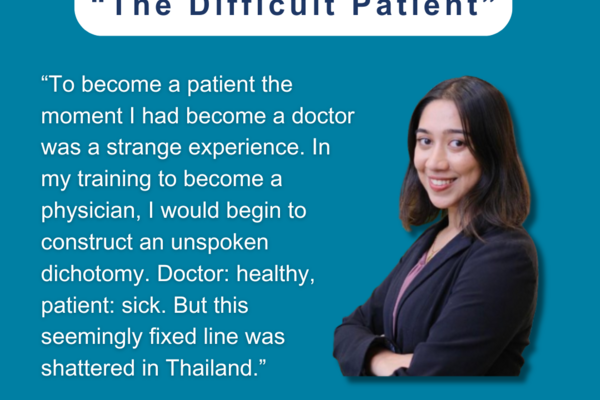Main Second Level Navigation
- Welcome
- Why Toronto?
- History of the Department
- Vision & Strategic Priorities
- Our Leadership
- Our Support Staff
- Location & Contact
- Departmental Committees
- Department of Medicine Prizes & Awards
- Department of Medicine Resident Awards
- Department of Medicine: Self-Study Report (2013 - 2018)
- Department of Medicine: Self-Study Report (2018 - 2023)
- Communication Resources
- News
- Events
Advancing the Black and Indigenous CaRMS Pathway
In 2018, the Department of Medicine (DoM) created the CaRMS Equity Working Group to meet our commitment to equity and social accountability and to ensure the CaRMS selection process for learners belonging to equity-deserving groups is fair, inclusive and equitable. The work of this group led to the development and implementation of the Black and Indigenous CaRMS pathway in our Core Internal Medicine Program in 2020.
This pathway is designed to create a more culturally safe application, review and selection process. At the point of its implementation, the pathway included file review and interviews by individuals, where possible with similar identities and backgrounds, with training and longstanding interest in equity, diversity and inclusion (EDI) work, as well as meetings between applicants and current department residents and senior leadership on interview day. This pathway was implemented in partnership with a mentorship program for Black and Indigenous learners, ensuring to provide mentorship opportunities throughout their medical education but especially at key-transition points, like applying to residency programs.
When the pathway was first implemented in 2020, five Black and two Indigenous pathway applicants were interviewed, however, none of the applicants decided to join our residency programs at that time. Each CaRMS cycle has provided us the opportunity to reflect, receive feedback and strengthen our commitment to an EDI-centered pathway to residency matching within our department. Initial changes included increasing awareness about and access to the pathway by making information more readily available on our departmental website. The most impactful interventions however, were outreach meetings with the Black Medical Student Association and guidance and feedback offered by resident-led mentorship programs such like Diversity Inclusion in Cardiology Education (DICE) who had led similar coaching and support strategies on the CaRMS application process for equity-deserving groups.
Further interventions included increasing awareness with DoM researchers and Comprehensive Research Experience for Medical Students (CREMS) leaders about the need for research on mentorship of Black and Indigenous learners and the modification of the CaRMS rubric to include and value journey travelled as well as advocacy and academic productivity.
This year, we are beyond thrilled to share that four Black and two Indigenous pathway applicants have matched to our Core Internal Medicine Program starting as of July 1. The work continues from here. Representation matters – in our MD program, in our residency programs and as professionals in our healthcare system. Beyond refining our pathway to continue to enhance diversity in representation in our resident community we are also committed to mentoring, coaching and sponsoring Black and Indigenous learners within the DoM to facilitate their transition and integration in their residency program and to assist in their ongoing development as physicians and for those interested, as the future faculty.
This year we reached an important milestone. We are encouraged to continue this important work to create not only a department – but a physician community that reflects the diversity of learners we educate and the patient’s populations we serve.
Sincerely,
Dr. Mireille Norris
Faculty Lead - Black and Indigenous Resident Application and Mentorship Program
Dr. Umberin Najeeb
Vice-Chair Culture and Inclusion, Department of Medicine, University of Toronto



